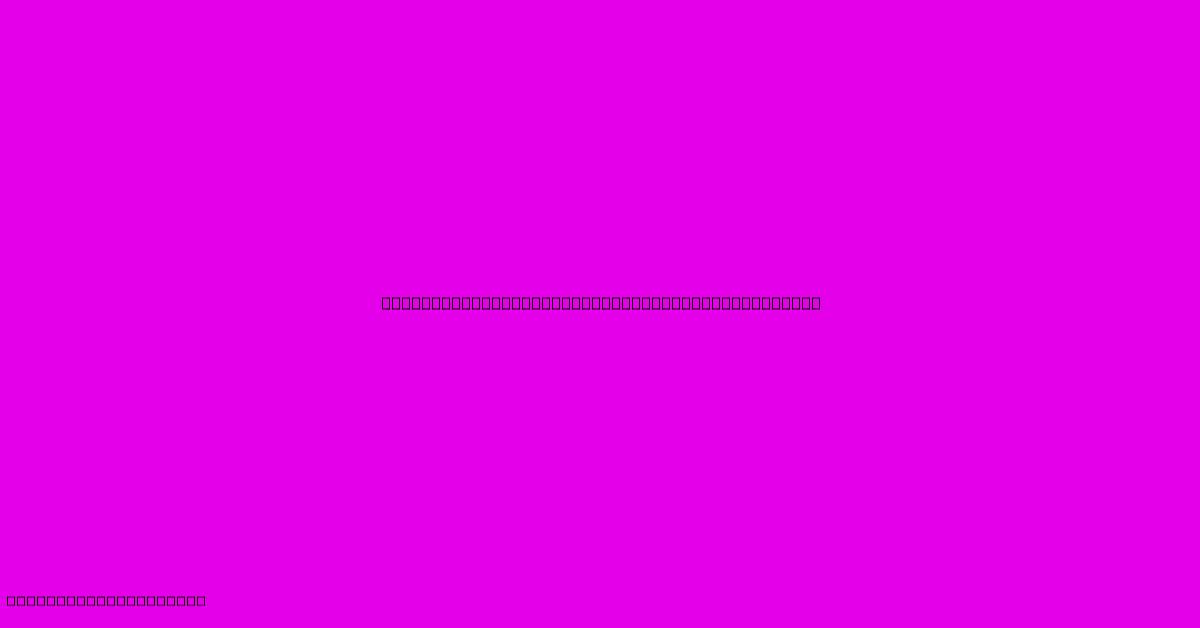Legal Action: YouTubers Over Crass Language

Table of Contents
Legal Action: YouTubers Facing the Heat Over Crass Language
The rise of YouTube has created a new landscape for free speech, but with it comes increased scrutiny over content. While platforms like YouTube offer a vast space for creators, the line between creative expression and legally actionable content is often blurred, particularly when it comes to crass language. This article explores the legal ramifications YouTubers face when their use of profanity crosses the line.
The Murky Waters of Free Speech and Offensive Language
The First Amendment in the US protects freedom of speech, but this protection isn't absolute. Courts consistently recognize limitations, particularly when speech is deemed obscene, incites violence, or constitutes defamation. Determining where "crass language" falls within these limitations is often complex and depends on several factors:
- Context: The same word can have vastly different impacts depending on context. A swear word used in a comedic skit might be viewed differently than the same word used to personally attack someone.
- Audience: Content aimed at a mature audience will generally be subject to less stringent standards than content targeting children. YouTube's own community guidelines reflect this, with stricter rules for content aimed at younger viewers.
- Intent: Was the offensive language used intentionally to harass, bully, or incite hatred? Malicious intent significantly increases the likelihood of legal action.
- Platform Policies: YouTube, like other platforms, has its own community guidelines prohibiting hate speech, harassment, and other forms of harmful content. Violation of these guidelines can lead to account suspension or termination, even without formal legal action.
Legal Recourse and Potential Consequences
Several legal avenues are available to those harmed by crass language on YouTube:
- Defamation: If the language is used to falsely accuse someone of a crime or damage their reputation, it could be considered defamation. This requires proving the statement was false, published, caused harm, and was made with at least negligence.
- Harassment and Cyberbullying: Repeated use of offensive language directed at a specific individual can constitute harassment and cyberbullying. Laws vary by jurisdiction, but these actions often carry significant penalties, including fines and even imprisonment.
- Hate Speech: Language that attacks or demeans individuals based on their race, religion, gender, sexual orientation, or other protected characteristics can be considered hate speech. This is often illegal and can result in severe legal consequences.
- Civil lawsuits: Individuals harmed by offensive language can file civil lawsuits seeking damages for emotional distress, reputational harm, or other losses.
Note: While legal action is possible, proving a case related to crass language can be challenging. Gathering evidence, including screenshots, video recordings, and witness testimonies, is crucial.
Protecting Yourself as a YouTuber
To avoid legal issues stemming from crass language, YouTubers should consider these steps:
- Understand YouTube's Community Guidelines: Familiarize yourself thoroughly with YouTube's policies regarding offensive content.
- Monitor Comments: Actively moderate comments on your videos and remove any offensive or harmful content.
- Use Discretion: Consider your audience and the context before using potentially offensive language. Err on the side of caution.
- Consult Legal Counsel: If you're unsure about the legality of your content, seek advice from a legal professional specializing in internet law.
- Content Warnings: Consider adding content warnings to videos that contain potentially offensive material.
The Future of Online Content Moderation
The ongoing debate surrounding free speech and offensive language online highlights the challenges of balancing individual expression with the need to create a safe and respectful online environment. As platforms like YouTube continue to evolve, so too will the legal landscape surrounding content moderation. Staying informed and prioritizing responsible content creation are critical for YouTubers to avoid legal pitfalls and maintain a successful channel. The increasing focus on AI-driven content moderation tools also promises to significantly impact how platforms address these issues in the future. This dynamic environment necessitates a proactive and informed approach by content creators.
Keywords: YouTube, crass language, legal action, defamation, harassment, cyberbullying, hate speech, free speech, community guidelines, online content moderation, legal consequences, YouTube community guidelines, offensive language, responsible content creation, internet law.

Thank you for visiting our website wich cover about Legal Action: YouTubers Over Crass Language. We hope the information provided has been useful to you. Feel free to contact us if you have any questions or need further assistance. See you next time and dont miss to bookmark.
Featured Posts
-
Soho Outdoor Patio Furniture
Feb 11, 2025
-
Doncic Leads Lakers To Victory Over Jazz
Feb 11, 2025
-
De Jeans Girlfriends Nfl Message
Feb 11, 2025
-
Builders Fireplace
Feb 11, 2025
-
Lewisham Lockdown Armed Police On High Street
Feb 11, 2025